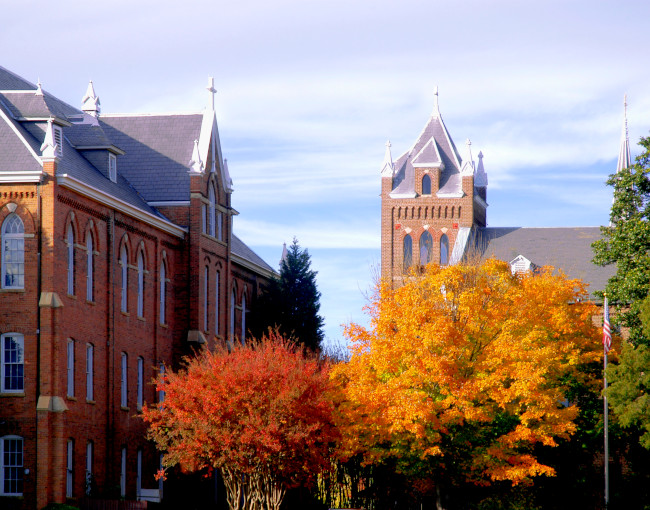Since 2019, the U.S. Department of Education has been the defendant in a federal class action lawsuit in San Francisco, Sweet, et al. v. Cardona, in which the plaintiffs requested that the court order the Department to adjudicate pending borrower defense to repayment (“BDR”) claims in a timely and proper manner. In making a BDR claim, the borrower requests the discharge of his or her loans based on alleged misconduct by the school the borrower attended.
The plaintiffs initially filed the lawsuit because the Department had stopped deciding BDR applications altogether. After the Department agreed to resume determining BDR applications, the plaintiffs continued with the lawsuit because, the plaintiffs contended, the Department was summarily denying most BDR applications without sufficient consideration of the applications.
On June 23, 2022, the Department agreed to an extraordinary, proposed class action settlement that, if approved by the court, would go far beyond what the plaintiffs requested in the lawsuit. If finalized, the Department would automatically grant every BDR application submitted as of June 22, 2022, by approximately 200,000 former students who attended one of 153 specified schools, discharging their federal loans, and refunding all amounts previously paid by the students on the loans (at a total cost of over $6 billion).
Significantly, the Department did not adjudicate each of the underlying BDR claims on the merits, as required under federal law. Instead, according to the parties’ joint motion for preliminary settlement approval, “[t]he Department has determined that attendance at one of these schools justifies presumptive relief, for purposes of this settlement, based on strong indicia regarding substantial misconduct by listed schools, whether credibly alleged or in some instances proven, and the high rate of class members with applications related to the listed schools.” It is unclear whether, following the discharge of these loans, the Department would pursue any of the 153 schools to recover the discharged amounts.
The proposed settlement also would require the Department to determine, within specified periods of time ranging from six to 30 months, the pending BDR applications of approximately 68,000 student borrowers who did not attend the listed schools. If the Department does not timely determine these BDR applications, the applications would be automatically granted and the students would have their federal loans discharged and receive a refund of all payments on the loans. These automatic discharges thus could occur without the merits of these claims ever being considered or adjudicated.
Before the proposed settlement becomes effective, the court must first determine whether it is fair and reasonable. On July 28, 2022, the court will hold an initial fairness hearing to determine whether to grant preliminary approval of the proposed settlement. If the court grants preliminary approval, a notice of the proposed settlement will be sent to the class members (students who have submitted BDR applications to the Department as of June 22, 2022) and a final fairness hearing will be scheduled, likely this autumn. Prior to the court’s hearings on the proposed settlement, interested parties, including any of the 153 listed schools, could seek to intervene in the case for the purpose of objecting to the proposed settlement.
The Forthcoming Borrower Defense to Repayment Proposed Rule
As REGucation readers may be aware, between October and December 2021, the Department held a negotiated rulemaking to seek input from representatives of affected interest groups regarding a new borrower defense to repayment (“BDR”) rule. We expect a proposed BDR rule any day now. Following publication of the proposed rule, we anticipate that the public will have 30 to 60 days to comment on the proposal, after which time the Department must review and consider all comments submitted.
When the proposed BDR rule arrives, we encourage the higher education community to seriously consider submitting comments. It is important for the Department to hear from the regulated community, and comments will help to shape the Department’s decision-making and the final rule. Thompson Coburn’s Higher Education Practice will be reviewing the proposed BDR rule closely upon its arrival, and anticipates hosting a webinar to discuss its content and topics for comment.
Postsecondary institutions with questions regarding the proposed settlement, BDR rulemaking, BDR compliance, or submitting comments are welcome to contact Aaron Lacey, Jeff Fink, or Hope Watson.













